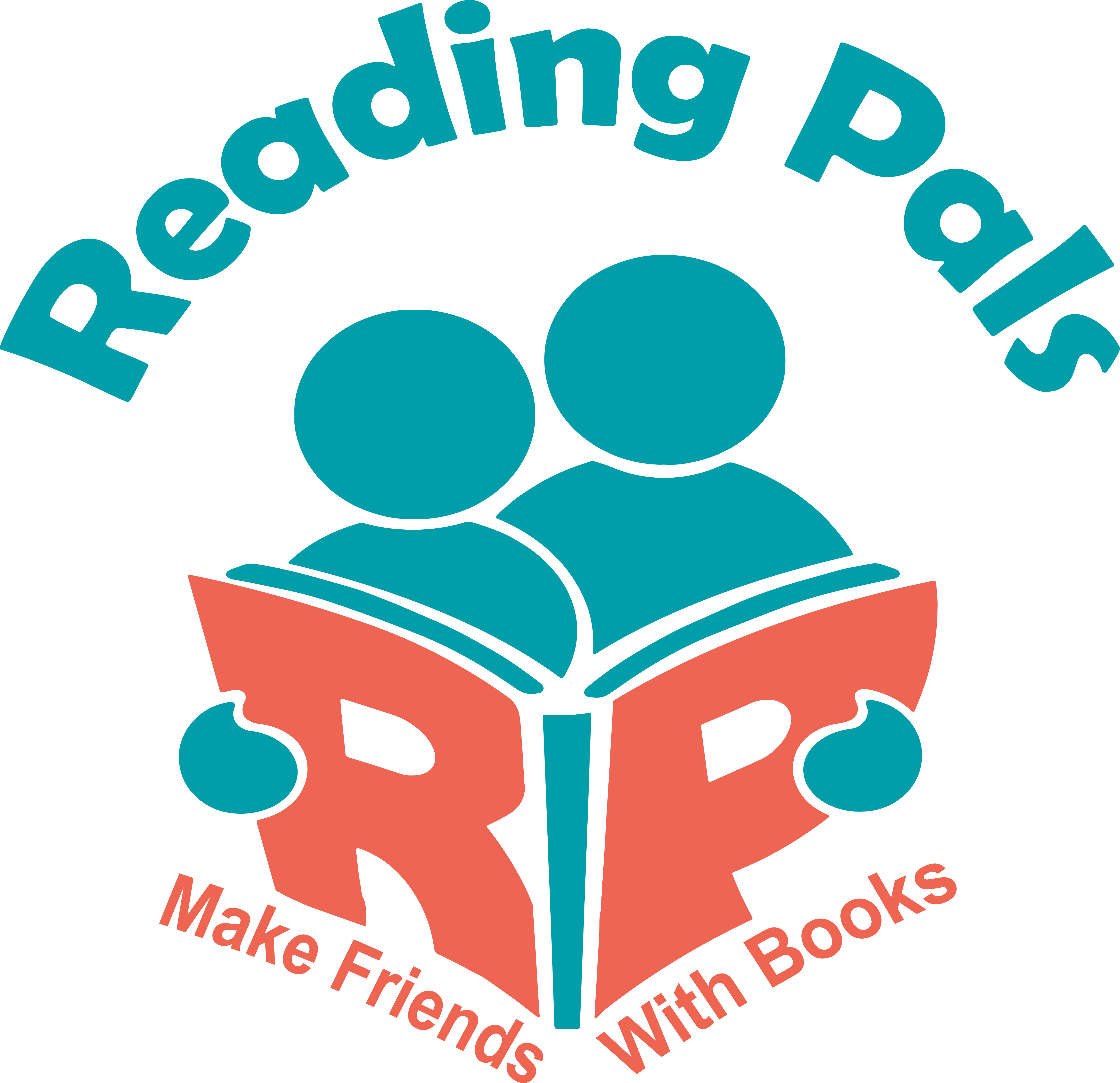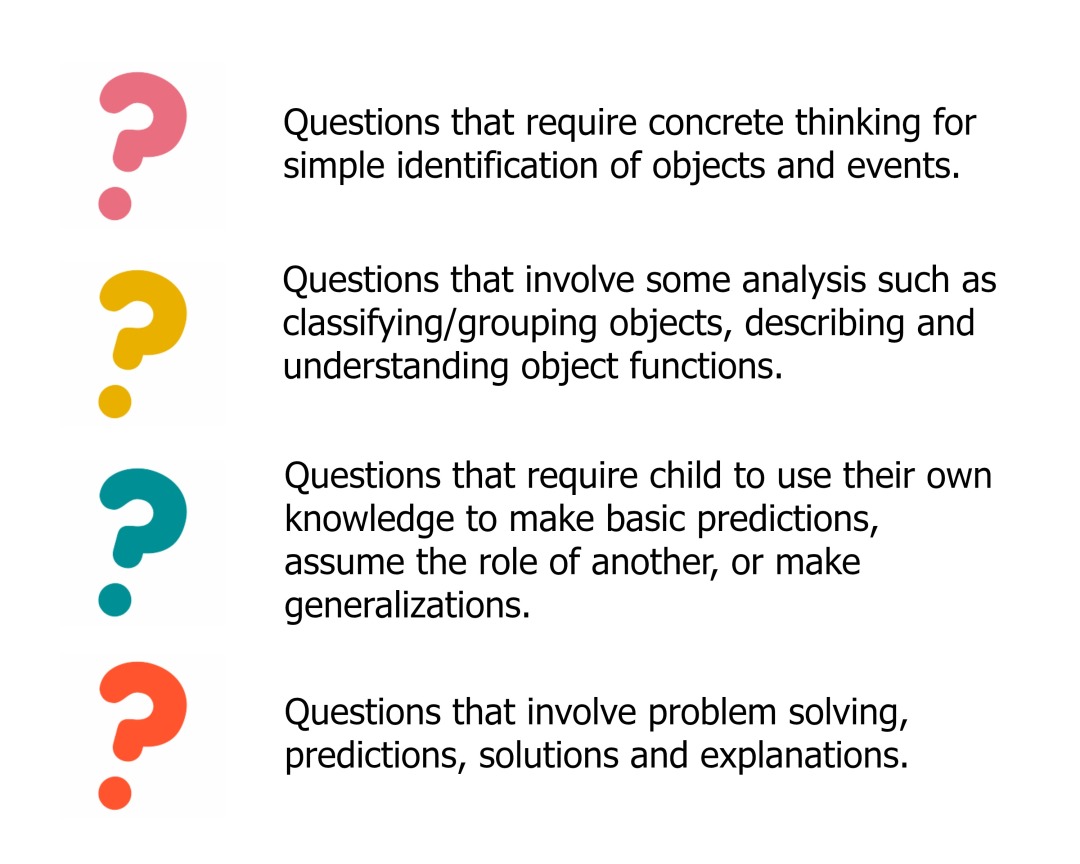Parents and Siblings
The pre-written scripts act as a coaching tool for parents, giving them knowledge and experience in asking comprehension questions and having stimulating discussions about the child’s book.
Many parents are keen to support their child’s reading development at home but lack confidence and knowledge of how best to do this. Many parents are reluctant to admit to school staff that they would like help, some parents are even actively resistant to accessing schools for support. The Parent Workshops we offer can be a bridge for the parents into shared reading. The workshops are supportive and encouraging and the Pals scripts can be used at home by parents to develop their skills.
The online training video has allowed parents to use Reading Pals themselves with their children, or to supervise their siblings using it. This is particularly helpful during the pandemic when many parents are home educating their children.

After using the reading scheme books, together with the scripts, for a short time the parents will be familiar with and confident in using the four levels of questions. They will then be able to apply the four levels of questions to any books they read with their child. Importantly the parents will also be able to use the four levels of questions to stimulate their child’s oral language during shared leisure activities. Enriching a child’s oral language will positively impact on all aspects of their learning and social engagement.
Achievement Gap
In an article on Teachwire Jonathon Douglas of the National Literacy Trust clearly explains the benefits of empowering parents to effectively support their child’s education:
‘We have reached a crossroads – despite 20 years of government efforts to improve social mobility in England, a new report from The Social Mobility Commission shows that a significant achievement gap still remains between our country’s richest and poorest children.
According to the commission, it will take 15 years at the current rate of progress before all children have a good level of development by the time they start school at five and it will take a staggering 40 years before the attainment gap between rich and poor at that age is closed.
We can’t wait for four decades to be able to give all children in the UK the equal start to life that they deserve. It is now time to extend support for the early home learning environment.
Early childhood is a period of rapid growth and development, and a wealth of evidence shows that what children learn in the early years provides the foundation for later learning, health and success. Yet children from poorer backgrounds in England start school, aged five, already 19 months behind their wealthier peers in development. What’s more, 60-70% of gaps in attainment at age 11 are due to inequalities present at age five.
Parents are their child’s first and most enduring educators, but despite strong evidence that parental involvement in their child’s early learning can be a more powerful force for academic success than socio-economic factors, our research shows that one-quarter of parents from poorer backgrounds don’t consider themselves to be the primary influence on their child’s learning.
We must now shift public and political thinking to ensure that engaging and working with parents in the early years is recognised to be just as important for a child’s future as quality pre-school provision.’




